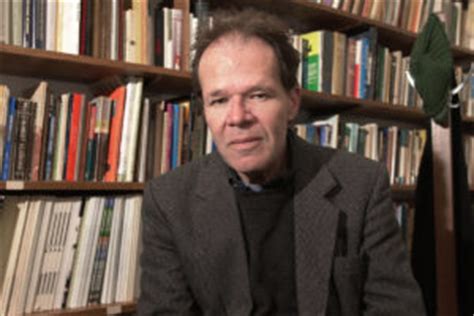Top 30 Quotes & Sayings by Franz Wright
Explore popular quotes and sayings by an American poet Franz Wright.
Last updated on April 17, 2025.
I used to comfort myself with the idea of a book with serrated, detachable pages, so that you could read the thing the way it came and then shuffle the pages, like a giant deck of cards, and read the book in an entirely different order. It would be a different book, wouldn't it? It would be one of infinite books.
EPITAPH Now I'm not the brightest knife in the drawer, but I know a couple things about this life: poverty silence, impermanence discipline and mystery The world is not illusory, we are From crimson thread to toe tag If you are not disturbed there is something seriously wrong with you, I'm sorry And I know who I am I'll be a voice coming from nowhere, inside-- be glad for me.























